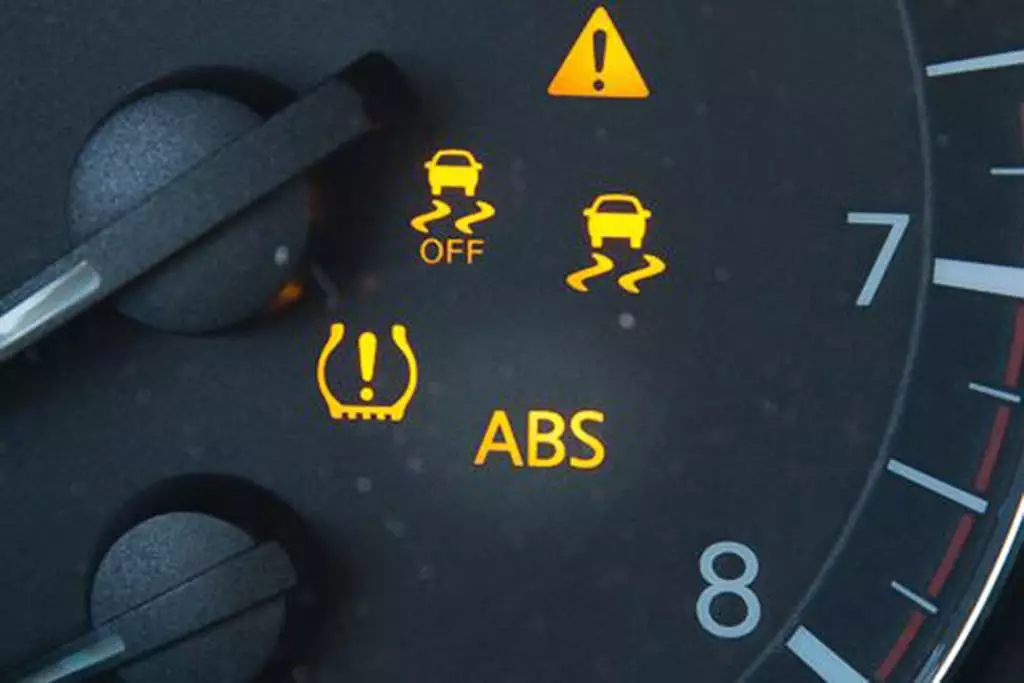Imagine cruising down the highway, feeling the wind in your hair, when suddenly, you need to hit the brakes, but your pedal sinks to the floor. Panic sets in as you wonder, “Can ABS cause the brake pedal to go to the floor?” Let’s delve into this perplexing issue and unravel the mysteries behind ABS and its potential impact on your braking system.
What’s ABS?
Before we tackle the main question, let’s grasp the fundamentals of the Anti-Lock Braking System (ABS). This ingenious technology revolutionized vehicle safety by preventing wheel lock-up during sudden braking. ABS works by modulating brake pressure to individual wheels, allowing them to maintain traction and steering control on slippery surfaces or during emergency stops.
The Role of ABS in Brake Pedal Behavior
Now, let’s address the burning question: Can ABS cause brake pedal to go to the floor? The short answer is, technically, yes—but it’s rare. ABS primarily affects wheel speed and traction control, rather than directly influencing pedal behavior. However, ABS malfunctions or issues within the braking system can indirectly lead to a sinking pedal.
Potential Scenarios and Causes
- ABS Hydraulic Unit Failure: The ABS hydraulic unit plays a crucial role in regulating brake pressure. If it malfunctions or develops leaks, it can result in a loss of pressure, causing the pedal to sink.
- ABS Sensor Problems: Faulty ABS sensors may send incorrect signals to the ABS control module, leading to erratic brake behavior. While this may not directly cause the pedal to sink, it can contribute to overall braking issues.
- Brake Fluid Contamination: Contaminated brake fluid can compromise the integrity of the entire braking system, including ABS components. Over time, moisture or debris in the fluid can lead to corrosion or malfunctioning ABS valves, impacting pedal feel.
- ABS Module Malfunction: In rare cases, a malfunctioning ABS control module can disrupt the entire braking system, including pedal response. This scenario often requires professional diagnosis and repair.
Diagnosing ABS-Related Brake Issues
If you suspect that ABS issues are causing your brake pedal to sink, here’s a systematic approach to diagnosis:
- Check ABS Warning Light: If your vehicle’s ABS warning light is illuminated, it indicates a potential ABS malfunction. Use an OBD-II scanner to retrieve diagnostic trouble codes (DTCs) for further analysis.
- Inspect ABS Components: Visually inspect ABS sensors, wiring harnesses, and hydraulic units for signs of damage, corrosion, or leaks. Address any issues promptly to prevent further damage.
- Test ABS Functionality: Perform a comprehensive ABS system test using a diagnostic scanner capable of activating ABS solenoids and testing sensor signals. This test can pinpoint specific ABS-related issues affecting brake performance.
- Evaluate Brake Fluid Condition: Check the condition of your brake fluid and perform a fluid flush if necessary. Clean, fresh brake fluid is essential for optimal ABS and braking system performance.
Addressing ABS-Related Brake Issues
Once you’ve identified ABS-related issues contributing to a sinking brake pedal, it’s crucial to take appropriate action:
- Repair or Replace Faulty Components: Address any identified ABS component failures promptly. Depending on the severity of the issue, you may need to repair or replace ABS sensors, hydraulic units, or control modules.
- Flush and Replace Brake Fluid: If brake fluid contamination is suspected, perform a complete brake fluid flush and replace it with the manufacturer-recommended fluid. Ensure proper bleeding of the brake system to remove air and restore pedal firmness.
- Professional Diagnosis and Repair: For complex ABS-related issues or those requiring specialized equipment, seek assistance from a qualified automotive technician or dealership. They have the expertise and tools to diagnose and repair intricate ABS problems effectively.
Preventative Maintenance and Best Practices
To mitigate the risk of ABS-related brake issues and maintain optimal braking performance, consider the following preventative measures:
- Regular Inspections: Schedule routine inspections of your vehicle’s braking system, including ABS components, as part of your maintenance regimen.
- Brake Fluid Maintenance: Follow manufacturer recommendations for brake fluid replacement intervals and use high-quality, compatible brake fluid to prevent contamination and corrosion.
- ABS System Checks: Periodically test your vehicle’s ABS functionality to ensure proper operation. Familiarize yourself with ABS warning signs and address any anomalies promptly.
- Professional Servicing: When in doubt or facing complex ABS-related issues, enlist the expertise of certified automotive professionals for thorough diagnosis and repair.
Conclusion
While ABS itself may not directly cause the brake pedal to sink to the floor, malfunctions or issues within the ABS system can contribute to such behavior. By understanding the interplay between ABS components and the braking system, along with diligent maintenance and timely repairs, drivers can navigate ABS-related brake concerns with confidence and ensure safe travels on the road. Remember, when in doubt, prioritize safety and seek professional assistance to address any brake-related issues effectively.

